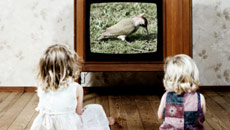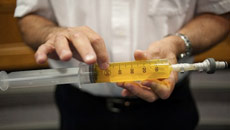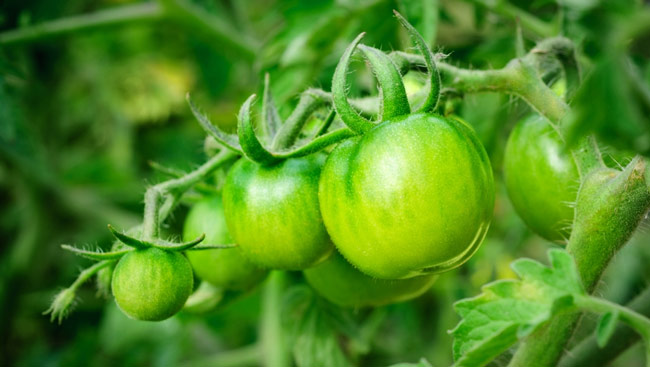In a major breakthrough that could re-write the history of life on earth, scientists have successfully added an alien pair of DNA "letters" (or bases) to create the first "semi-synthetic" bacterium.
Till date, the history of life has been written with just four letters - A, T, C and G - the labels given to the DNA subunits contained in all organisms.
That alphabet has just grown longer, researchers announce, with the creation of a living cell that has two 'foreign' DNA building blocks in its genome.
The cells of this unique bacterium can replicate the unnatural DNA bases more or less normally, for as long as the molecular building blocks are supplied - raising hope of developing new antibodies and vaccines to treat diseases.
"Life on earth in all its diversity is encoded by only two pairs of DNA bases, A-T and C-G, and what we have made is an organism that stably contains those two plus a third, unnatural pair of bases," said Floyd Romesberg, an associate professor at The Scripps Research Institute (TSRI) in the US.
"This shows that other solutions to storing information are possible and, of course, takes us closer to an expanded-DNA biology that will have many exciting applications - from new medicines to new kinds of nanotechnology," Romesberg added.
The researchers synthesised a stretch of circular DNA known as a plasmid and inserted it into cells of the common bacterium E coli.
The plasmid DNA contained natural T-A and C-G base pairs along with the unnatural base pair, two molecules known as d5SICS and dNaM.
To get the E coli to replicate the DNA containing these unnatural bases, the researchers had to supply the molecular building blocks artificially, by adding them to the fluid solution outside the cell.
Then, to get the building blocks, known as nucleoside triphosphates, into the cells, they got special triphosphate transporter molecules made by a species of microalgae, that was good enough at importing the unnatural triphosphates.
"That was a big breakthrough for us - an enabling breakthrough," said Denis Malyshev, a member of the Romesberg laboratory.
The semi-synthetic plasmid replicated with reasonable speed and accuracy, did not greatly hamper the growth of the E coli cells, and showed no sign of losing its unnatural base pairs to DNA repair mechanisms, the findings showed.
The next step will be to demonstrate the in-cell transcription of the new, expanded-alphabet DNA into the RNA that feeds the protein-making machinery of cells.
"In principle, we could encode new proteins made from new, unnatural amino acids which would give us greater power than ever to tailor protein therapeutics and diagnostics and laboratory reagents to have desired functions," Romesberg said.
The findings appeared in the journal Nature.





